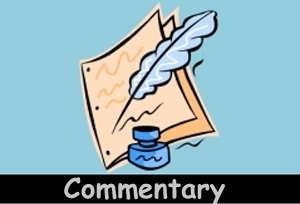
Sweden-based International Institute for Democracy and Electoral Assistance (IDEA) in its 2021 study has classified Bangladesh as an “authoritarian regime”, a media report on Tuesday said. Since 2014, the country has been consistently ranked like this. The earlier years 2007, 1975-78 and 1981-85 were also classified as “authoritarian regime”. However, from 2008 till 2014, the country was classified as a “weak democracy”. Currently, IDEA said, more countries than ever are suffering from “democratic erosion”. According to it, a greater number of countries were found sliding towards authoritarianism. The values, particularly the right to choose leaders in free and fair elections, freedom of the press, and the rule of law, are under assault and in retreat globally.
According to the report, IDEA made this classification based on 28 indicators across five broad topics. According to the indices, Bangladesh’s lowest score was in the category of having an impartial administration. It also performed “low” in the categories of having a representative government, and having sufficient checks on the government. Bangladesh had mid-range performance in the categories of access to justice, civil society participation and having civil liberties. It also evaluated whether there are sufficient checks on the government, examined whether the parliament is effective and the judiciary is independent, and if there is media integrity.
While going through ranking of different countries, the IDEA also looked parliament is effective and the judiciary is independent, and if there is media integrity.

While going through ranking of different countries, the IDEA also looked at whether the country has fundamental rights, which includes access to justice, practice of civil liberties, social rights and equality. Bangladesh was also mentioned in the report for its arrests and harassment of media workers. Besides, the government’s pandemic responses have sparked additional serious concerns about restrictions on the capacity of media to hold the government accountable, said the report. Today, it is democracy that finds itself battered and weakened in countries like ours.
Thus, international actors should recognise that the priority is to maintain pressure for holding free, timely and credible elections. Authoritarianism begins with election robbing. The international community cannot have normal business with the farcically elected governments and shout against human rights violations. Depriving people of free election to chose their government and then welcoming them as democratic governments cannot be the way to uphold human rights.
Ensuring free and fare election should be taken up as an obligation of the United Nations under the Universal Declaration of Human Rights.

